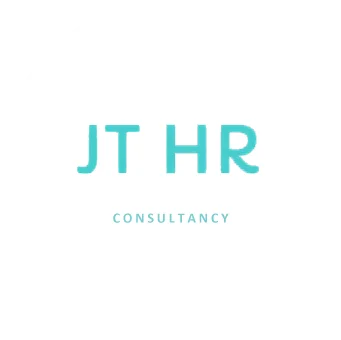What are “Protected Characteristics” under the Equality Act 2010, and what do SMEs need to know?
Running a small business isn’t just about getting the job done, it’s about treating people fairly along the way. That’s where the Equality Act 2010 comes in. It’s the main UK law protecting people from discrimination in the workplace (and beyond).
At its heart are “protected characteristics” – the things about a person that the law specifically protects from unfair treatment.
So, what exactly are they? And what does that mean for you as an SME employer?
The Simple Answer
The Equality Act 2010 lists nine protected characteristics.
You must not discriminate against anyone (whether they’re an employee, job applicant, contractor, or even a customer) because of any of the following:
- Age – Whether young or old, employees mustn’t be treated unfairly because of their age.
- Disability – Covers people with physical or mental impairments that have a substantial and long-term effect on day-to-day life.
- Gender reassignment – Protects those who are transitioning, have transitioned, or are proposing to transition.
- Marriage and civil partnership – Protects people who are married or in a civil partnership from discrimination.
- Pregnancy and maternity – Covers pregnancy, maternity leave, and return to work, including absence due to pregnancy-related illness.
- Race – Includes colour, nationality, and ethnic or national origins.
- Religion or belief – Covers all religions and beliefs, as well as lack of belief.
- Sex – Protects both men and women from discrimination because of gender.
- Sexual orientation – Protects people who are gay, lesbian, bisexual, heterosexual, or any other orientation.
What is discrimination?
Under the Equality Act, discrimination can be:
- Direct discrimination – treating someone worse because of a protected characteristic.
- Indirect discrimination – having a rule or practice that applies to everyone but puts people with a protected characteristic at a disadvantage, unless it can be objectively justified.
Both can be unlawful under the Equality Act.
What This Means in Practice
The law also protects people from:
- Harassment – unwanted behaviour related to a protected characteristic that violates someone’s dignity or creates a hostile environment.
- Victimisation – treating someone badly because they raised a concern or supported someone else’s complaint.
These can occur even without intent, so it’s important SMEs set clear standards for behaviour.
As an SME, you have a legal duty to ensure your decisions, policies, and day-to-day actions don’t discriminate, directly or indirectly, on any of these grounds.
This includes:
- Recruitment – avoiding bias in job adverts, interviews, and selection.
- Pay and benefits – offering equal pay for equal work.
- Promotion and training – giving fair access to opportunities.
- Dismissal and redundancy – making sure decisions are based on performance or genuine business need.
- Workplace culture – preventing harassment and fostering inclusion.
Even unintentional discrimination can lead to claims. For example, a rule requiring all staff to work full-time could disadvantage parents with childcare responsibilities, unless it can be justified.
Why It Matters
It’s not just about avoiding tribunal claims (though that’s a big one).
Creating an inclusive, respectful culture helps your people feel valued and motivated, and that’s good for business. In small teams, every person counts, so getting this right really matters.
What You Should Do
- Know the law – Make sure you and your managers understand the nine protected characteristics.
- Review your policies – Recruitment, disciplinary, and equal opportunities policies should reflect the Equality Act.
- Train your team – Regular equality and diversity training keeps everyone aware of their responsibilities.
- Lead by example – How you act sets the tone for your business.
In Summary
Protected characteristics are at the core of equality law. They remind us that every person deserves respect, regardless of age, gender, background, or belief.
For SMEs, compliance isn’t complicated once you know the basics. Treat people fairly, document your decisions, and get advice when things feel unclear.
And if you’re ever unsure, we at JTHR Consultancy are here to help you navigate it with confidence and clarity.




